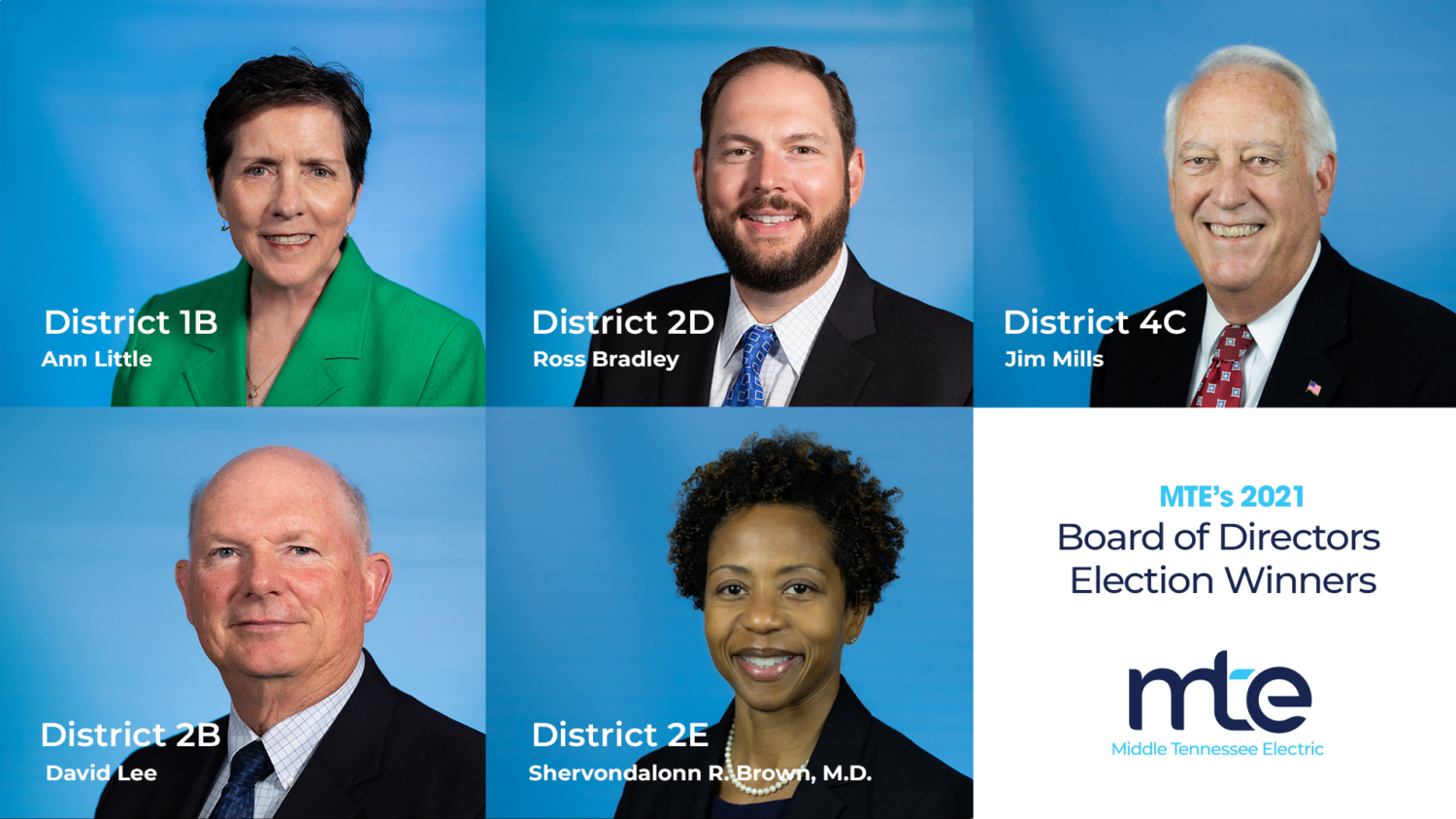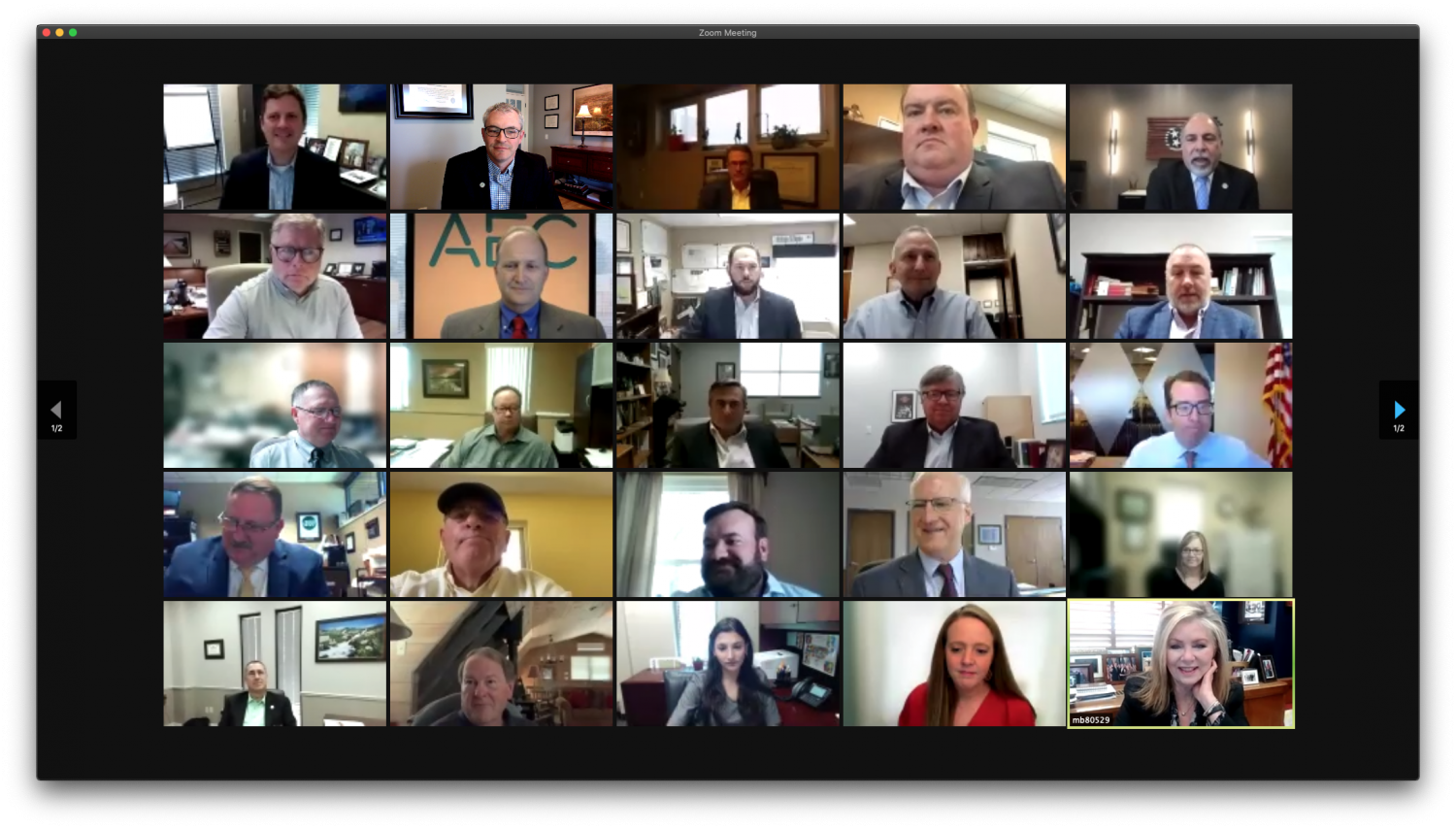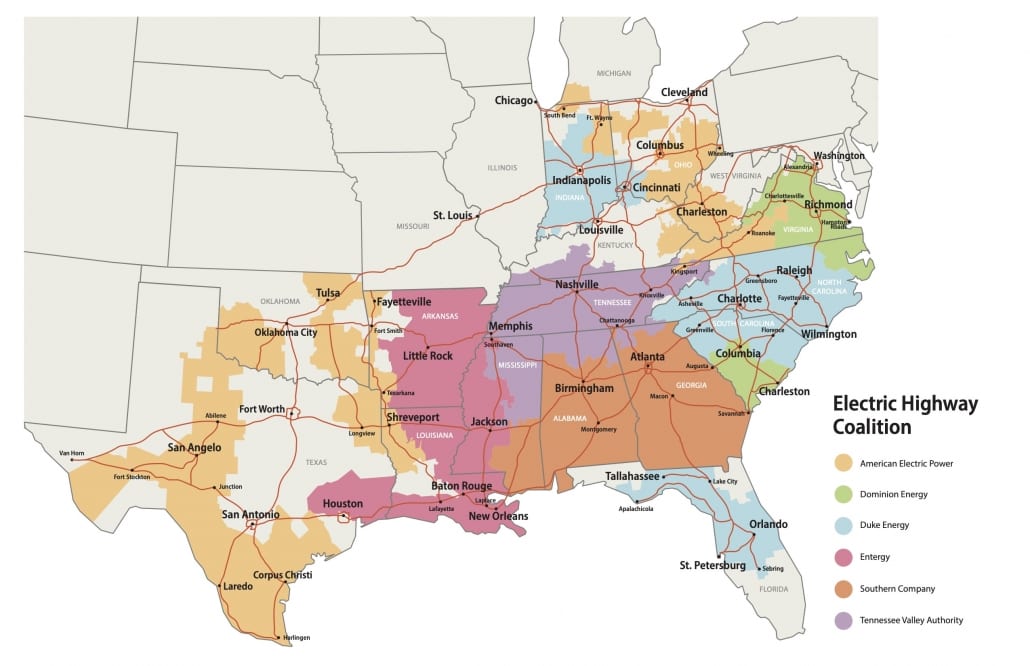 Murfreesboro, Tenn. – The Nominating Committee of Middle Tennessee Electric (MTE) announced today that Vanessa Hickman will serve on the MTE Board of Directors, completing the term of the seat vacated by the retirement of Tom Purkey.
Murfreesboro, Tenn. – The Nominating Committee of Middle Tennessee Electric (MTE) announced today that Vanessa Hickman will serve on the MTE Board of Directors, completing the term of the seat vacated by the retirement of Tom Purkey.
Hickman was nominated to the Board after submitting her candidacy during the submission period and completing an interview process.
She will fill the Wilson County District 4A seat left open by the retirement of Tom Purkey, who moved out of the MTE service territory after serving on the Board for nine years.
Regarding Hickman’s nomination, MTE’s Board Chairman Mike Woods said, “Vanessa is a dedicated and highly respected member of our community, and we have no doubt her skills will be an asset to our Board. We’re honored to have her fill this role, and we appreciate the work of the Nominating Committee in exercising its duty to fill the board vacancy through an open process.”
Hickman recently retired from the Metropolitan Nashville Airport Authority as Assistant Vice President of Information Technology and was the Authority’s first Chief Information Officer. Over the course of a career spanning more than 40 years, including roles at Gaylord Entertainment and IBM, she provided information systems advice on managing IT applications and applying technology to support business goals.
She earned a bachelor’s degree in business management from East Tennessee State University and a master’s degree in healthcare informatics from Lipscomb University. Hickman is a Certified Member of the American Association of Airport Executives and serves as an adjunct professor of healthcare informatics at Trevecca Nazarene University. In addition to her new role on the MTE Board, she has been heavily involved with various community organizations throughout the years. Currently, she is a member of Women of Technology in Tennessee and the Nashville Technology Council (NTC), of which she recently was inducted into their Hall of Fame.
Additional recognitions and honors throughout her prestigious career include Fifty Forward’s 2019 Harriet Folley Leadership Award and being named a 2019 finalist for the NTC CIO of the Year award.
Hickman lives in Mt. Juliet with her husband, James, and they have a daughter, Jamette.

 NASHVILLE, Tenn. – Tennessee Department of Economic and Community Development Commissioner Bob Rolfe announced today the appointment of Brooxie Carlton as assistant commissioner of Community and Rural Development.
NASHVILLE, Tenn. – Tennessee Department of Economic and Community Development Commissioner Bob Rolfe announced today the appointment of Brooxie Carlton as assistant commissioner of Community and Rural Development.





